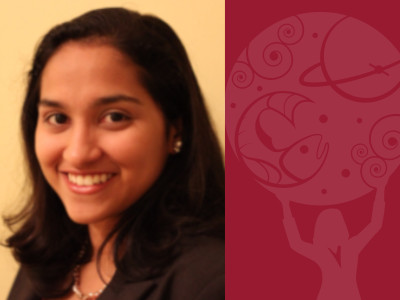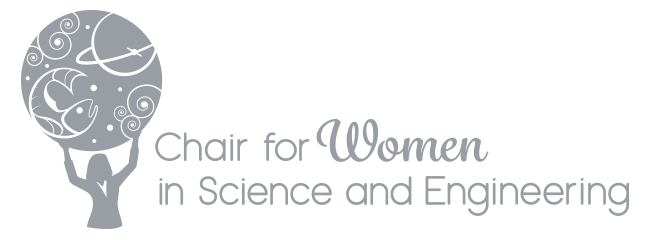What I appreciate most about a mentor is someone who gives honest, impartial advice, has qualities that I aspire to, and that challenges me to think outside of the box.
Kadra Branker graduated from Queen’s University, Kingston, Ontario with an undergraduate degree in Mechanical and Materials Engineering in 2009 and a minor undergraduate degree in Economics in 2010, focussed on social, natural resource and environmental economics.
Her passion for problem solving related to energy and sustainable development drew her to the field of engineering. Fortunately, she was able to be one of the first to complete a research graduate degree in Mechanical and Materials Engineering in 2012 under Queen’s University’s recent Collaborative Master’s in Applied Sustainability Program. The program allows exposure to social, economic, political and policy issues related to engineering solutions in multidisciplinary sustainability problems.
In the Applied Sustainability Research Group at Queen’s University from 2009 to 2011, Kadra was able to contribute to various papers and presentations related to solar energy, energy conservation measures, and ways of increasing energy efficiency and reducing carbon dioxide footprint in various processes. Currently, she is an Engineer-in-Training at Hatch in the Thermal Energy group often in a Project Engineering role which involves the coordination of various disciplines or deliverables on a project. Her cross disciplinary education and continuing experience in engineering and business as well as leadership roles afford her the ability to enjoy a multi-perspective view on projects.
Tell us a little bit about yourself, what is your current job?
I currently work in the Thermal Energy group at Hatch, an engineering consulting firm. My work involves various aspects related to the development or operation of power plants or energy efficiency solutions. I often fulfill a Project Engineering role which involves the completion of specific tasks in addition to the coordination of various disciplines or deliverables on thermal energy/power plant projects. I am also a Quality Representative for my group responsible for enabling continuous improvement initiatives.
What made you want to pursue a career in engineering?
While my dad was not an engineer, we’d always try to solve the problems on various ‘projects’ around the house or on the boat together. In a way, it developed my love for solving problems, especially the enjoyment of a successful tangible result. In high school, I loved math and sciences, and became passionate about energy and sustainable development regarding the challenges of our every increasing consumption while having constrained resources in our planet– then I found out that the people who could tackle these challenges were engineers!
What’s your favourite part of your job?
My favourite part is learning something new every day by working with many brilliant, talented people on interesting global assignments.
How do you celebrate National Engineering Month?
I am excited to be volunteering to teach engineering to Girl Guides in Toronto: Mission to Mars! I am also going to enjoy reflecting on the inspiring stories of many women in engineering.
What advice do you have for young women who hope to pursue a career in your field?
Be confident in your abilities and don’t be afraid to speak up! Learn as much as you can from the people around you, especially in the areas that interest you. Most people are willing to talk to you about their experiences and knowledge if you’re willing to listen. The important thing about every challenge is to understand what you learnt from it.
How would you describe the relationship with your mentor/mentee?
I don’t think there is a set formula for mentorship but it is important for career and personal development. In general, it should be a continuous, open dialogue. I have been fortunate to be surrounded by persons providing mentorship both inside and outside my profession. I generally have an informal relationship with my mentors, having discussions over wine and cheese, a hot chocolate or even during errands. My relationships have formed naturally with the meshing of personalities after meeting on a project or being introduced. What I appreciate most about a mentor is someone who gives honest, impartial advice, has qualities that I aspire to, and that challenges me to think outside of the box.


